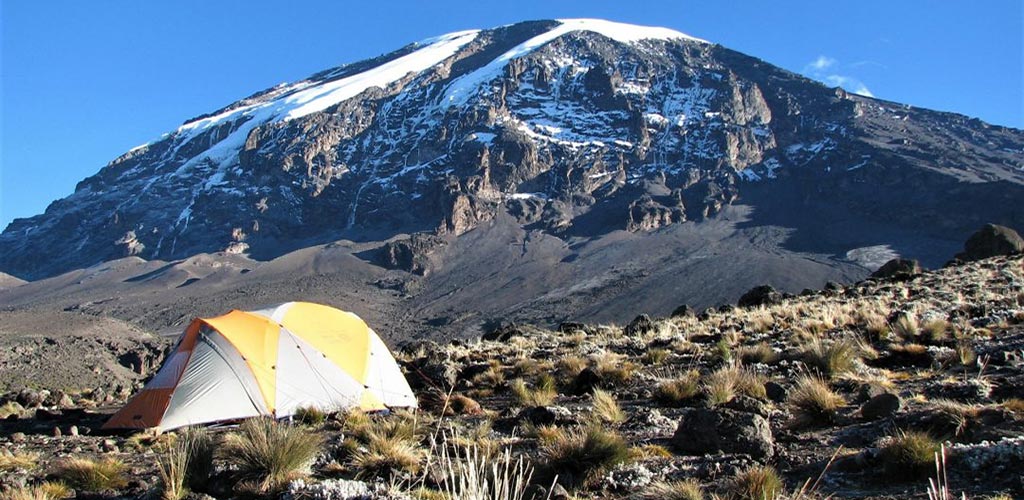Tanzania is one of the most beautiful travel destinations in Africa, famous for its Serengeti safaris, Ngorongoro Crater, Zanzibar beaches, and the iconic Mount Kilimanjaro. While the country is generally safe and welcoming, like many popular tourist destinations, there are a few common travel scams in Tanzania that visitors should be aware of.
Knowing about these scams doesn’t mean you’ll experience them—it simply helps you stay alert, confident, and well-prepared during your trip.

Transportation is one of the most common areas where scams occur.
Some drivers, especially in big cities like Dar es Salaam or Arusha, may overcharge tourists who don’t know the local rates.
Others may pretend the meter is “broken” and demand a higher fare.
Airport taxi drivers may quote prices two or three times higher than the normal rate.
Always agree on a fare before the ride if the taxi has no meter.
Use reputable taxi apps where available.
Ask your hotel or lodge to arrange trusted transport.
With Tanzania being the world’s leading safari destination, fake safari companies are one of the biggest scams.
Scammers set up websites or social media pages offering “cheap safaris.”
After payment, the company disappears, or the trip provided is far below the promised standard.
Some middlemen may pose as guides and charge extra fees upon arrival.
Always book with licensed safari operators.
Check reviews on platforms like TripAdvisor or SafariBookings.
Avoid sending full payments to unknown companies without verification.
Tourists sometimes receive fake Tanzanian shillings in change.
Others may be given old, torn, or nearly worthless notes.
Some vendors return change in a different currency hoping tourists won’t notice.
Learn how Tanzanian shillings look and feel.
Always check your change before leaving.
Carry smaller denominations to avoid overpaying.
In markets or tourist shops, some vendors quote very inflated prices, hoping tourists will pay without bargaining.
Others claim the item is rare or handmade, when it’s mass-produced.
Bargaining is common in Tanzania—don’t hesitate to negotiate.
Compare prices in different shops.
If it sounds “too exclusive,” verify before buying.
Some ATMs may have skimming devices that steal card details.
“Helpful strangers” at ATMs may offer assistance while trying to steal your PIN.
Currency exchange scams where the rate is manipulated.
Use ATMs at banks or inside malls, not isolated ones.
Never accept help from strangers when withdrawing money.
Use official exchange bureaus for currency conversion.
In crowded markets, bus stations, or city streets, tourists can be targeted.
Thieves may create a distraction while an accomplice steals valuables.
Keep valuables out of sight.
Use money belts or anti-theft bags.
Stay alert in crowded areas and avoid showing large amounts of cash.
At tourist sites or city centers, individuals approach tourists, offering to be guides.
Some may pressure you into paying a “tour fee” after giving basic directions.
Others may take you to shops where they earn commissions.
Only use licensed, registered guides from reputable companies.
Politely decline unsolicited offers of help.
Arrange tours through your hotel, lodge, or trusted operator.
Unscrupulous operators offer “cheap Kilimanjaro climbs,” cutting costs by not paying porters fairly, using unsafe equipment, or skipping park fees.
Fake gear rental shops may charge tourists for broken or poor-quality equipment.
Always book Kilimanjaro climbs with licensed operators registered with TALA (Tanzania Licensing Authority).
Verify what’s included in your trek (park fees, food, equipment).
Avoid extremely cheap offers—they usually mean poor safety standards.
On Zanzibar beaches, some locals may pose as guides offering boat trips, spice tours, or fishing excursions without licenses.
Tourists are sometimes pressured to buy fake spices or gems.
Unofficial “beach boys” may harass tourists for money.
Book activities through your hotel or trusted agencies.
Politely but firmly decline persistent offers.
Verify authenticity before purchasing souvenirs.
Some establishments may add “extra charges” to tourist bills.
Drinks or meals may be double the price quoted.
Fake “service charges” sometimes appear.
Always check menus for prices before ordering.
Review your bill carefully before paying.
Stay in reputable lodges, camps, and restaurants recommended by trusted sources.
People may offer to pose with animals or traditional clothing for photos, then demand money.
In cities, some may pretend to help with directions but later demand “tips.”
If you take a photo of someone, agree on a price beforehand.
Politely decline random offers for photos or “cultural experiences.”
Fraudulent websites or individuals claim to be raising money for orphanages, schools, or conservation projects.
Unsuspecting tourists donate, but the money never reaches those in need.
Donate only to registered charities and organizations.
Verify the legitimacy of any cause before giving money.
Research before your trip: Learn about fair prices for taxis, tours, and souvenirs.
Book with licensed operators: Whether it’s safaris, Kilimanjaro climbs, or Zanzibar tours.
Trust your instincts: If a deal sounds too good to be true, it probably is.
Stay polite but firm: Tanzanians are generally very hospitable, but don’t feel pressured into scams.
Secure your valuables: Keep passports, money, and electronics safe.
1. Is Tanzania safe for tourists despite these scams?
Yes, Tanzania is very safe for tourists. Most locals are friendly and welcoming, but being aware of scams helps avoid small inconveniences.
2. How common are scams in Tanzania?
Scams are not widespread, but they usually target uninformed tourists in busy cities or beaches.
3. Should I carry cash or cards in Tanzania?
Carry both. Use cards at hotels and banks, but always have Tanzanian shillings for small purchases. Avoid carrying large sums of cash.
4. Are safaris affected by scams?
If you book with licensed safari companies, you won’t face scams. Problems mostly arise with fake or unlicensed operators.
5. Can I safely use taxis in Tanzania?
Yes, but use hotel-arranged taxis, apps, or negotiate fares before the trip to avoid overcharging.